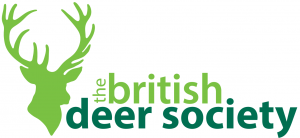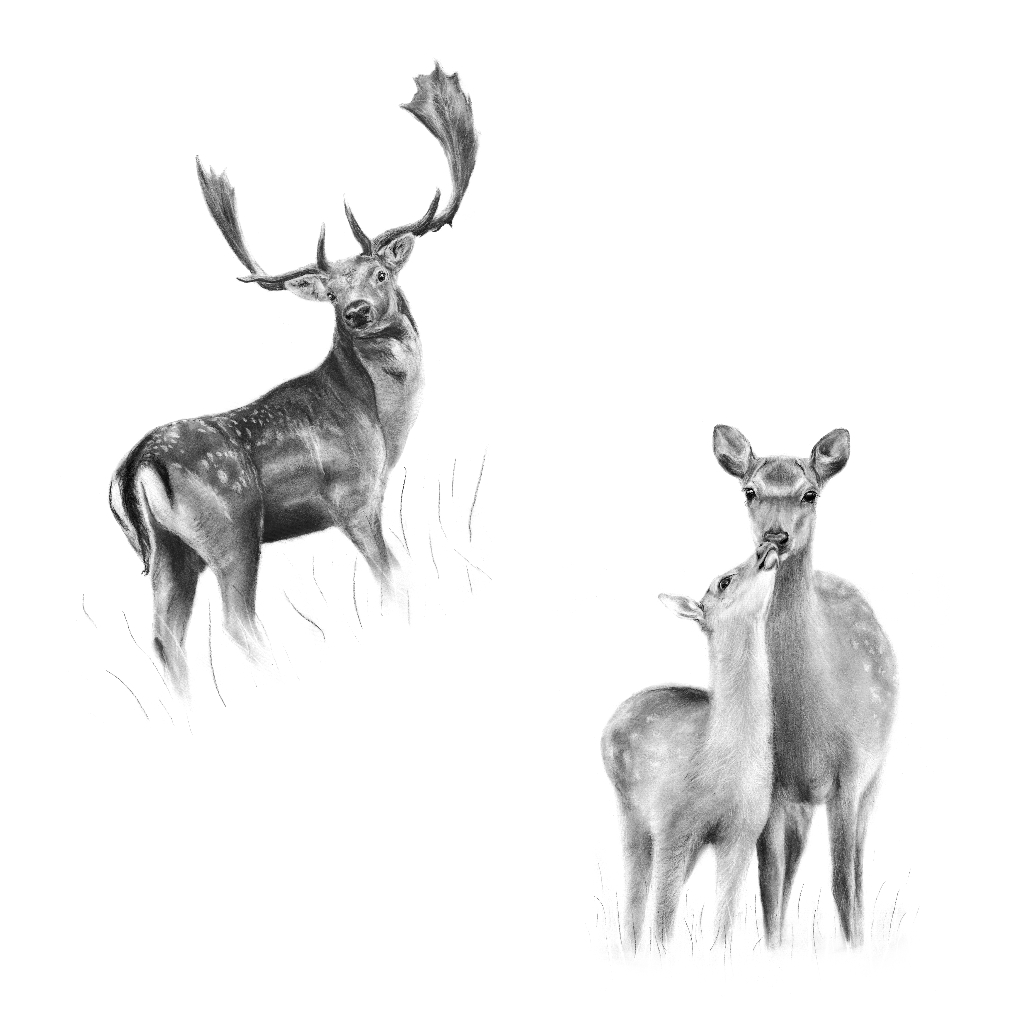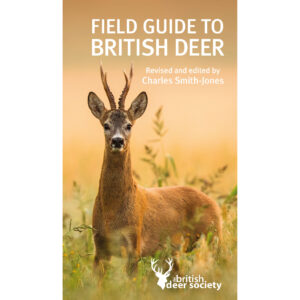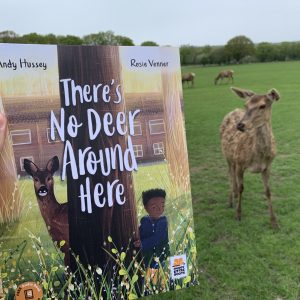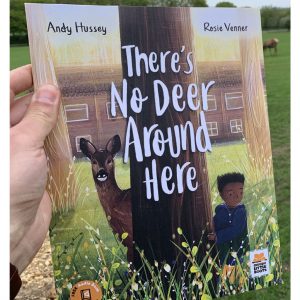Protect Our Park – Don’t Feed The Deer Campaign at Phoenix Park
Share article:
Article by:
Laura McMahon, Marketing Manager, British Deer Society
Ireland’s Office of Public Works Launches ‘Protect Our Park – Don’t Feed The Deer’ Campaign at Phoenix Park
Human Interactions Leading to Changes in Deer Behavioural Patterns
Ireland’s Office of Public Works (OPW) has launched the ‘Protect Our Park – Don’t Feed the Deer’ campaign, aiming to alter public behaviour to safeguard the deer in Dublin’s Phoenix Park. This initiative follows a recent University College Dublin (UCD) report highlighting the negative impact of human feeding on the behaviour and welfare of the park’s deer population.
The UCD report, in collaboration with the OPW, reveals that feeding disrupts the natural foraging instincts of deer, leading to dependency on human-provided food sources. This dependency alters their health, social dynamics, and habitat use within the park.
Key Findings from the UCD Report
- Deer have been fed foods such as chocolate, crisps, fizzy drinks, bread, and carrots.
- 25% of the park’s deer population now regularly approach people for food.
- Mothers accepting food from visitors tend to give birth to heavier fawns, perpetuating the cycle of dependency.
- Deer accepting artificial food items from visitors experience digestive system changes, affecting their ability to process natural food.
- Male deer receiving lower-quality human-provided food (e.g. crisps, chocolate) tend to have smaller antlers and reduced mating success.
- Human interactions disturb male-female encounters, influencing reproduction and female productivity.
- Deer in Phoenix Park have tested positive for Covid-19, indicating potential disease transmission from humans.
- Disturbed deer form tightly knit groups, leading to increased stress levels.
The ‘Protect Our Park – Don’t Feed the Deer’ campaign aims to educate visitors on these impacts. OPW will install educational signage across Phoenix Park, emphasising the importance of preserving natural deer behaviour and the risks associated with feeding.
Failure to change visitor behaviour could lead to disease transmission, injuries caused by deer seeking food, and increased stress for the animals.
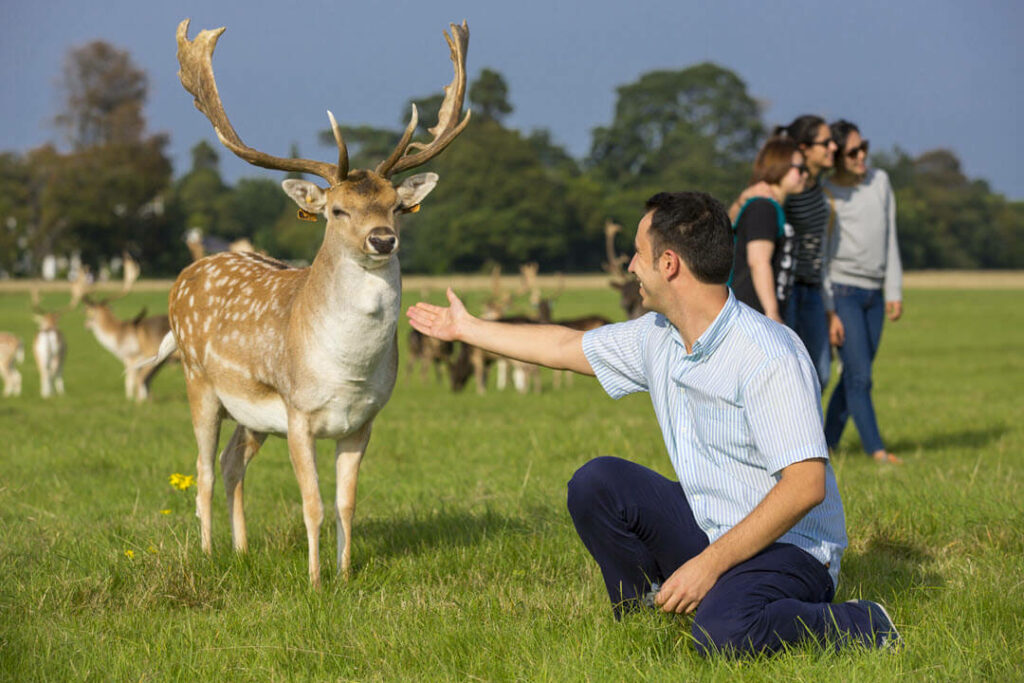
Implications for UK Deer Parks
The research prompts questions about similar issues in the UK firstly for deer parks open to the public, such as the Royal Parks at Bushy and Richmond, but also for the wider issue of all potential public interactions with deer.
Given the findings from Phoenix Park, should a wider reaching campaign be considered to raise awareness among the public about the risks feeding and disturbance pose to deer health and behaviour?
This is certainly not a new area for the BDS. We have for many years been working to educate the public and provide free advice and support on this very important topic.
In the last week, we witnessed further evidence of the detrimental effects of feeding and human interaction with wildlife. A popular red stag named Callum had to be humanely euthanised by veterinarians. Over time, Callum had become accustomed to being fed by tourists at the Beinn Eighe car park in Torridon, located in the Scottish Highlands. This unnatural behaviour shift—from avoiding humans to actively seeking interactions—was encouraged by tourists feeding him inappropriate snacks. These actions ultimately caused severe dental issues, leading to his teeth rotting.
David McAuley, CEO of the British Deer Society, commented:
“The ‘Protect Our Park – Don’t Feed The Deer’ campaign in Phoenix Park highlights a critical issue faced by deer populations. Feeding deer can significantly alter their natural behaviour and compromise their health. This campaign emphasises the importance of responsible conduct in wildlife habitats. Parks in the UK, such as Bushy and Richmond, face similar challenges. However, this issue extends beyond individual parks; it’s about how the public interacts with wildlife and the harm this may cause. We urge everyone to respect wildlife by not feeding deer and supporting initiatives that promote natural, healthy environments for these magnificent creatures.”
Support Greater Awareness
Join us in protecting the well-being of our deer populations by becoming a member of, or donating to, the British Deer Society.
Your support enables ongoing research and education initiatives, fostering a healthier and more harmonious future for deer. Together, we can make a difference.



